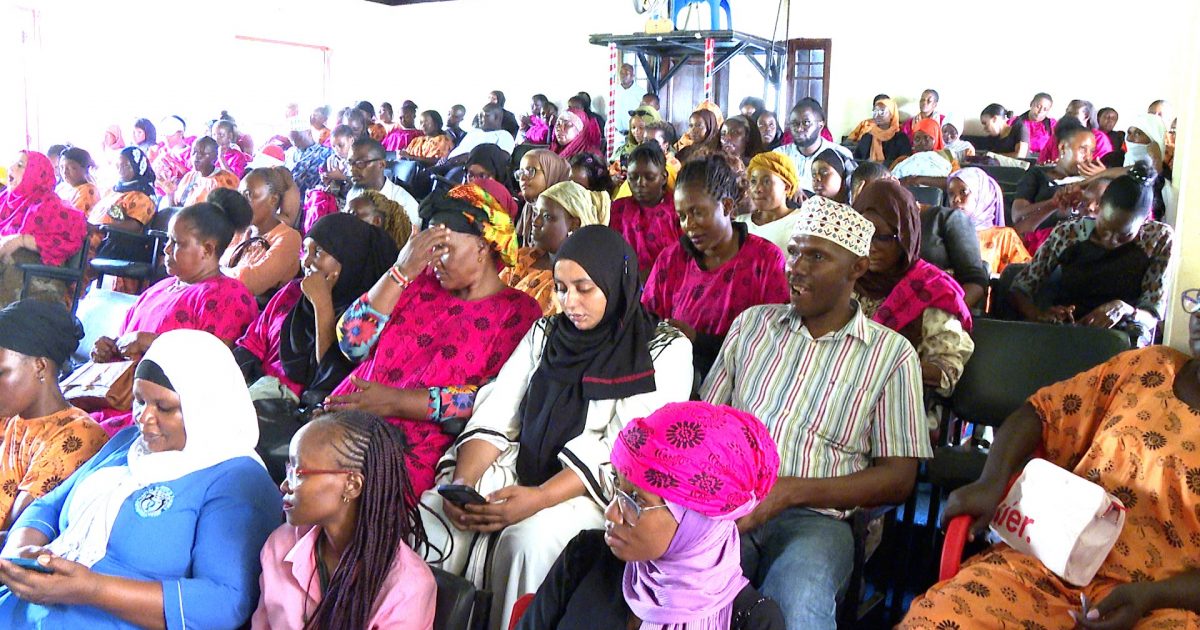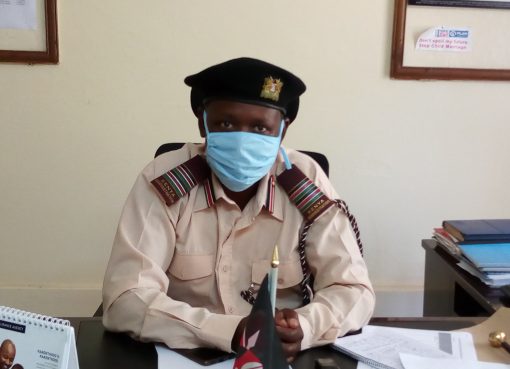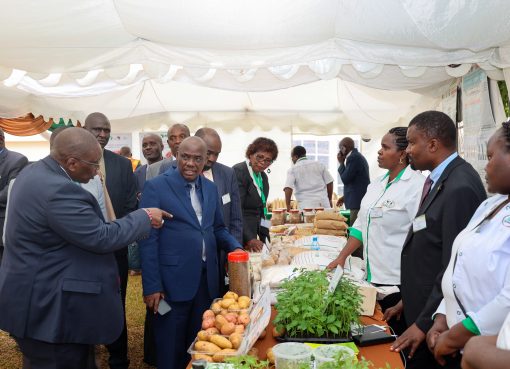Small and Medium Enterprises (SMEs) Women in Mombasa have been challenged not to shy away from doing business with the national and County governments through the robust Access to Government Procurement (AGPO) programme to be self-sufficient.
Women, Youths, and Persons Living with Disabilities have the upper hand in accessing government procurement opportunities, as the Public Procurement and Asset Disposal Act 2015 has set aside 30 percent of government procurement opportunities for them.
The Executive Director of the Collaboration of Women in Development (CWID), Betty Sharon, urges SMEs to work together and not be used by businesspersons to access procurement opportunities. Most of the time, women face financial constraints and are thus unable to complete tenders.
“We want women to secure and complete them. When they start a business, we don’t want them to be disenfranchised by anyone or those with established businesses,” said the Executive Director.
She further advised the County Government to improve the market environment through timely collection of waste, ensuring they are passable roadways and street lights are working and traders are not harassed by the inspectorate.
She further encouraged the women to take advantage of government funds like the National Government Administrative Fund, Women Empowerment Fund, Uwezo and Youth funds to start or expand their enterprises.
“Self-reliance is not just about making money, it’s about control, decision-making, and the confidence to push forward despite challenges,” said Betty Sharon adding that, “We are here today to give women the tools to take charge of their businesses and their futures.”
Pauline Odinga, Chief Officer of the Department of Tourism, Culture and Trade, urged women to strive for financial independence. She elaborated on the County’s initiative to transform hawkers into traders.
She stated that the County Government would soon set up container stalls around 28 identified streets where business owners can operate in a conducive environment away from the vagaries of the weather.
“The stalls will have toilets. We have an elaborate plan for waste management from their businesses, a waste disposal place will be designated. We want peace and order to be there because Mombasa is a tourist city; without the plans, we will not attract tourists,” said Odinga.
The duo were speaking during a sensitization meeting organized CWID that brought together over 400 women at the Little Theatre.
The training sessions were tailored to meet the diverse needs of women entrepreneurs, covering financial management and budgeting to marketing strategies and digital tools for business growth.
One of the key highlights was a workshop on financial literacy, where experts shared advice on how to manage cash flow, save, and reinvest profits back into businesses.
Participants learned about the importance of creating financial goals, tracking income and expenses, and how to secure funding through loans or grants.
The event aimed to improve the lives of the vulnerable women living at the grass-roots level, emphasizing the importance of independence, financial literacy, and resilience for women running small businesses.
The event is part of CWID’s ongoing efforts to empower women in both rural and urban settings, helping them to become financially independent and influential in their communities.
Through events like these, CWID continues to show that empowering women is not just about celebrating their achievements, it’s about equipping them with the tools, knowledge, and support they need to succeed.
By focusing on self-reliance, CWID is helping to build a future where women business owners can thrive, inspire future generations, and play a leading role in their communities’ growth.
By Dyan Kwamboka





